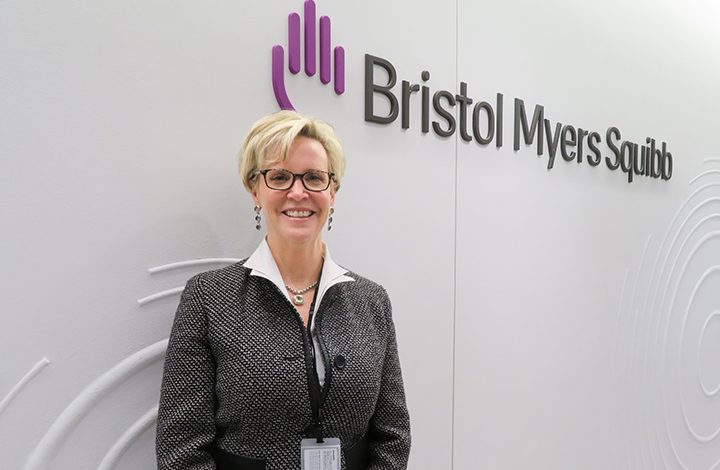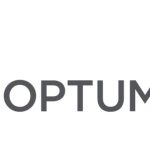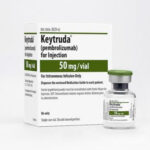Bristol Myers Revise 2023 Outlook After Revenue Decline

Last year, Bristol Myers Squibb achieved a significant milestone by securing FDA approvals for three drugs, each with a peak sales potential of $4 billion. This success bodes well for the company’s long-term future. However, as revealed in its second-quarter earnings report, the near future appears challenging.
The company faced setbacks as its three top-selling drugs, Eliquis, Revlimid, and Opdivo, all fell significantly short of analysts’ expectations. Notably, BMS had to slash its 2023 sales projection for the blood cancer drug, Revlimid, by a staggering $1 billion, leading to a revision of its overall revenue projection. Instead of the previously forecasted 2% revenue increase for 2023, the company now anticipates a decline in sales by a low single-digit figure.
Departing CEO Giovanni Caforio was forthright in addressing the disappointing news, acknowledging that such a significant adjustment is not taken lightly. Caforio, who will step down in November, will be succeeded by chief operating officer Chris Boerner.
Caforio explained that apart from the expected generic erosion for Revlimid, the company also faced some challenges related to revenue softness starting from the end of the first quarter. This was attributed to an “unusual increase in utilization of free drug” under a patient assistance program.
As part of the revised outlook, BMS has projected a lower Revlimid sales figure for 2023, down from $6.5 billion to $5.5 billion. Furthermore, the company has reduced its forecast for Pomalyst by $300 million. Sales of this multiple myeloma drug declined by 6% year-over-year to $847 million in the second quarter, due to the same dynamics that affected Revlimid.
Bristol Myers Squibb (BMS) faced troubling signs in the quarter, with some of its established drugs experiencing challenges. Eliquis, for instance, saw sales of $3.2 billion, reflecting a 1% decline, primarily due to “generic erosion in Canada and the U.K.” Sales of Opdivo reached $2.1 billion, showing a 4% increase, but falling short of consensus by nearly 8% due to a modest 2% gain in U.S. sales.
Overall, BMS reported revenue of $11.23 billion for the quarter, significantly below analysts’ average expectation of $11.82 billion and representing a 6% decline from the second quarter of the previous year. Both the U.S. and international markets suffered during this period.
In response to these challenges, BMS is relying heavily on its portfolio of nine new products. These products generated $862 million in sales during the quarter, up from $723 million in the previous period. Notably, Reblozyl saw impressive growth, raking in $234 million for a 35% year-over-year increase. Opdualag, one of the three new products approved last year, contributed $154 million in sales. The other two new products, Camzyos ($46 million) and Sotyktu ($25 million), also showed promising starts.
While CAR-T drug Breyanzi increased its sales to $100 million from $71 million in the first quarter, BCMA-targeted Abecma faced a decline, generating $132 million in sales compared to $147 million in the previous quarter. This 20% shortfall in Abecma’s revenue compared to analyst projections may prompt reconsideration of its growth trajectory.
Despite the short-term challenges, BMS remains confident in the potential of its new drugs. To show its commitment, the company plans to execute a $4 billion accelerated share repurchase program in the third quarter, as announced by CEO Giovanni Caforio.
BMS also maintains its five-year targets, expecting growth between $8 billion and $10 billion from its older brands and between $10 billion and $13 billion in 2025 from its new product portfolio. However, some analysts, like Tim Anderson of Wolfe Research, wonder if investors will believe in the company’s reaffirmed guidance considering the recent setbacks.





